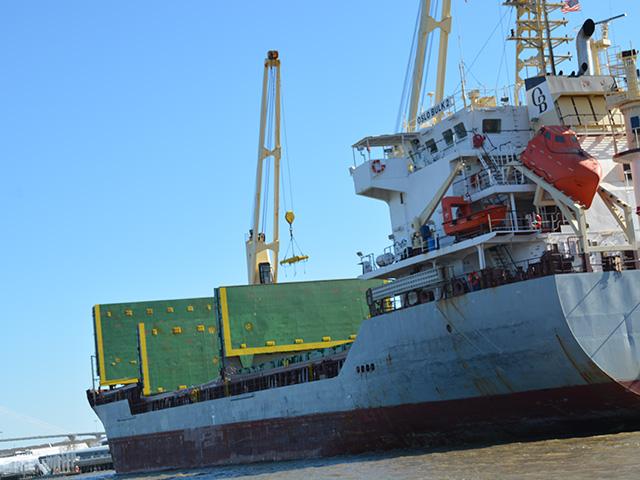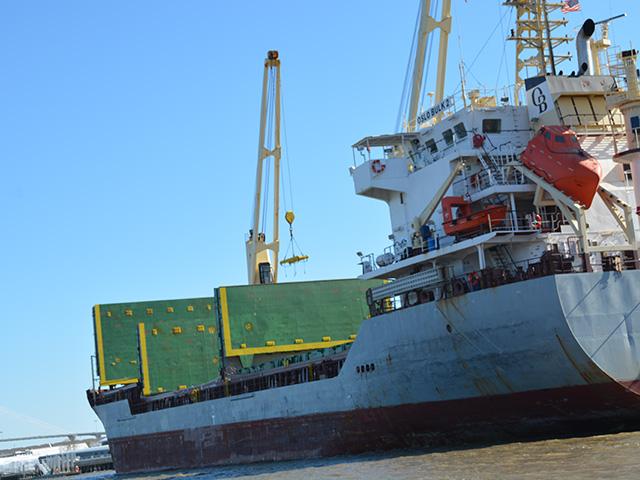Ag Policy Blog
Citing Global Food Needs, Vilsack Suggests Better System to Track Ag Commodities
Agriculture Secretary Tom Vilsack wants a better system for keeping track of global food markets and the flow of agricultural commodities around the world "so there is not the kind of guess work that goes into determining how severe the problem is," the secretary said at a forum Monday.
Vilsack, speaking at the Wall Street Journal Global Food Forum, also the U.S. need to look for ways to increase its own crop production, but did not indicate what exactly should be done.
The secretary also touched on U.S. global food aid commitments already, but suggested funds released by the Biden administration would open up "440 million metric tons" of grain for shipping to needy countries. DTN has asked USDA for clarification because that figure doesn't match up with U.S. export volumes and ending grain stocks of major commodities.
He also discouraged export bans such as those imposed in India. "That's, in our view, probably the last thing they should be doing at this point in time."
Vilsack's discussion at the forum comes as G7 leaders agreed to spend $4.5 billion on global food security, of which more than half will come from the U.S. The Biden administration announced it will spend $2.76 billion to help expand food aid globally.
The White House released a statement early Tuesday listing off several plans to expand food aid globally. Yet Politico reported this past weekend that $5 billion for global food aid passed by Congress in May is still waiting to be spent by the U.S. Agency for International Development (USAID). Staff from USAID in a briefing on Capitol Hill last week said half of the funds may be released before the end of September and the other half will wait until the beginning of the new fiscal year in October.
P[L1] D[0x0] M[300x250] OOP[F] ADUNIT[] T[]
Politico reported, "The U.S. has announced several other chunks of money it intends to deploy for global food aid, including $280 million worth of U.S. food commodities to seven countries in Africa and the Middle East. But that process is incredibly time-consuming, both from a bureaucratic and logistical standpoint, and shipments aren't expected to arrive until the fall."
See "Not-so-emergency aid: Billions in funding to avert mass hunger still waiting to be spent" https://www.politico.com/…
In his discussion with the WSJ, Vilsack called for the opening of Ukraine's ports on the Black Sea to free up space for Ukraine's next harvest. Vilsack criticized Russia's attacks on Ukraine agriculture.
"They are destroying grain, they are destroying facilities in Ukraine, they are making it more difficult for farmers in Ukraine to harvest their crop, and to store their crop and to plant their crop, so it starts in Russia," he said.
Vilsack called for opening up Ukraine's ports, which are are currently encircled by Russian ships, mines and troops.
"It is important for us to take steps to do the best we can to open the ports so the grain currently in Ukraine can be exported to North Africa and the Middle East," Vilsack said in the WSJ.
As DTN reported last week, Russian attacks on Ukrainian agricultural infrastructure continue to increase. https://www.dtnpf.com/…
Chris Clayton can be reached at Chris.Clayton@dtn.com
Follow him on Twitter @ChrisClaytonDTN
(c) Copyright 2022 DTN, LLC. All rights reserved.






Comments
To comment, please Log In or Join our Community .